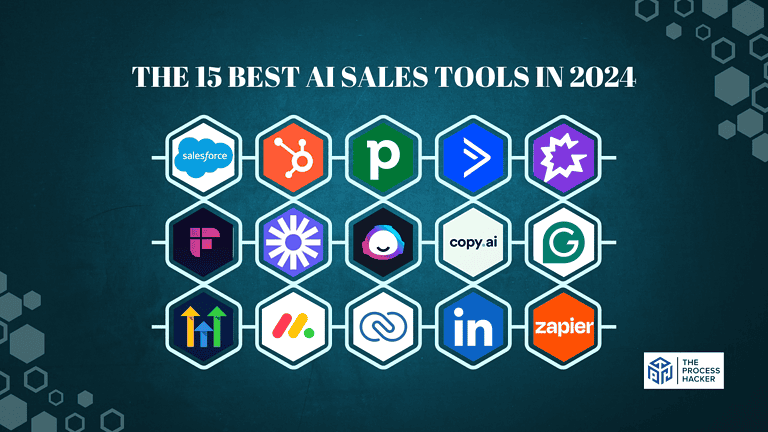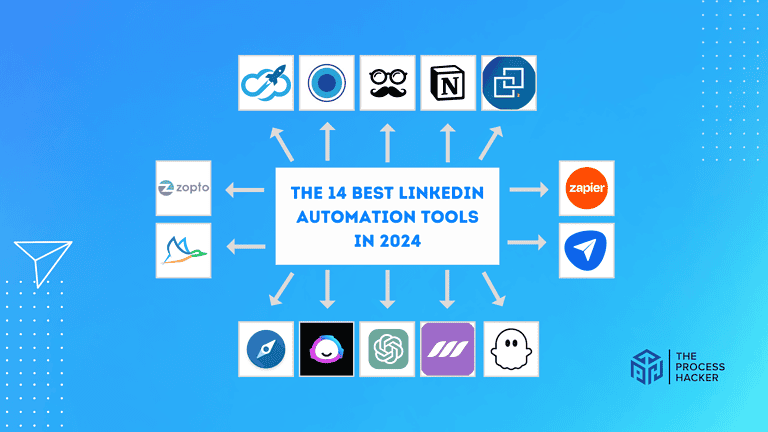The Important Role of AI Tools in Corporate Decision Making
The power of artificial intelligence (AI) to swiftly and accurately analyze data, predict outcomes, and automate processes has made it an invaluable tool for transforming the way businesses operate at all levels.
Beyond its ability to automate tasks, AI tools empower top-level decision-makers to assess options and select the best courses of action to achieve their objectives. By analyzing feedback from sources such as surveys, performance reviews, and social media, AI helps businesses understand their customer and employee needs, sentiments, and engagement levels, which in turn enhances the quality and pace of decision-making.
This capability allows companies to respond more effectively to market changes and internal challenges. By leveraging AI, businesses can make more informed, strategic decisions that drive growth and efficiency. From streamlining operations to enhancing customer engagement, AI-powered platforms and solutions play a crucial role in guiding business leaders as they steer their organizations in the right direction.
In this blog post, we’ll explore the diverse roles that AI-powered solutions play in assisting business leaders as they navigate complex decision-making processes, ultimately shaping the future of business.
What is Artificial Intelligence (AI)?
Artificial intelligence (AI) is an exciting field of computer science that involves developing intelligent machines capable of simulating human cognitive functions.
AI can be described as a machine’s ability to learn, reason, and improve its performance over time without any explicit instructions. It utilizes complex algorithms, neural networks, and deep learning to process large amounts of data and make accurate predictions.
AI has a broad range of applications in various industries, such as healthcare, finance, and transportation, and has the potential to revolutionize the way we live and work. With more groundbreaking advancements in AI technology, the future is undoubtedly promising.
Streamline Data Analysis and Offer Users Clear Insights
AI can process and analyze vast quantities of data, making the technology suitable for discerning information from massive datasets and providing actionable insights.
To achieve this, it is essential to gather relevant information through internal assessments and external sources such as market research. Machine learning algorithms can sift through large volumes of information and identify patterns and trends that companies must consider to make data-driven decisions.
For example, an AI system can analyze customer behavior data from touchpoints such as purchases, website visits, and social media interactions to uncover insights that optimize marketing strategies. This granular level of analysis helps businesses tailor their offerings to better meet customer needs, driving sales and enhancing customer satisfaction.
Carry Out Predictive Analytics for Entire Organizations
Predictive analytics involves using historical data to forecast future outcomes, and it’s another task where AI excels. Companies can anticipate market trends, demand fluctuations, and potential risks by employing machine learning models.
Cost-benefit analysis can be used to justify these decisions and build process automation protocols, reducing the possibility of biases leading to poor choices. To demonstrate, consider a retailer who can use AI to predict future sales trends based on past performance and current market conditions.
Maximizing this functionality allows the retailer to adjust inventory levels proactively and ensure they meet customer demand without overstocking. Similarly, AI can help financial institutions assess credit risks more accurately, making lending decisions more reliable and reducing default rates.
Automate Decision-Making
AI can also automate routine decision-making processes using decision-making software, which includes decision models, decision support systems, and business intelligence.
Using rule-based systems and machine learning models to make run-of-the-mill decisions frees up human resources for more strategic tasks. In the financial industry, AI’s ability to make decisions based on predetermined categories such as the applicant’s credit history, income, and other factors makes it a perfect match for automating the credit scoring process.
Using AI in this area not only speeds up the approval process but also reduces the likelihood of human error. Similarly, AI-driven chatbots can handle customer service inquiries and provide customers with quick and consistent responses to common issues and questions.
Assist in Risk Management
AI can also effectively enhance and optimize business processes to identify and mitigate risks by analyzing data from various sources and detecting early warning signs. Machine learning algorithms can assess credit risk, detect fraudulent activities, and monitor compliance with regulatory requirements.
An insurance provider, for example, can use AI to predict the probability of claims based on historical data and customer profiles so that the business can set premiums more accurately and manage risk better. AI can also be tasked with continuously monitoring transactions in real-time and flagging any suspicious activities to help companies prevent fraud before it occurs.
Offer Advanced Personalization and Customer Experience Using Customer Data
Companies that are looking to personalize their products and services can count on AI to cater to individual customer preferences. Market research plays a crucial role in gathering relevant information for this personalization. AI can tailor recommendations, offers, and communications by analyzing customer data.
Streaming services commonly use AI to suggest content based on users’ viewing histories, while e-commerce platforms recommend products based on past purchases and browsing behavior. This level of personalization increases customer engagement and loyalty, drives higher sales, and improves customer retention.
Optimize the Use of Resources
AI helps businesses optimize their resources by enhancing the business decision-making process and improving operational efficiency. Machine learning models can help streamline supply chain operations, schedule equipment maintenance, and allocate workforce based on demand forecasts.
They can be designed to predict equipment failures and schedule preventive maintenance to reduce downtime and operational costs. They can also optimize logistics and inventory management to ensure resources are used efficiently and minimize costs.
Design and Implement Strategic Business Plans
Companies can use comprehensive data analysis and scenario modeling to simulate different business scenarios, assess potential outcomes, and make informed strategic decisions. Implementing a formal decision-making process can prevent fallacies and biases from influencing strategic planning.
To demonstrate, consider a company that is looking to enter a new market. The said business can use AI to analyze market conditions, competitive landscapes, and potential customer segments. This allows the company to develop a robust market entry strategy and minimize risks while maximizing opportunities for success.
Final Thoughts on AI in the Decision-Making Process
Considering AI’s ability to assist in the decision-making process, it’s essential to note that the technology is meant to help, not replace, intuitive decision-making in the business world. Rational decision-making, which is a formal, logical, and data-driven process for evaluating options, is crucial in this context.
AI tools can process information and offer recommendations, but human leaders must consider these insights within the broader context of their business goals and values. By using AI to enhance their decision-making processes, businesses can achieve greater efficiency and effectiveness while maintaining the strategic oversight that only human experience and intuition can provide.







